Damian Lillard is entering his ninth season in the NBA, having established himself as one of the elite guards in the league. Over the past few seasons, Lillard has taken that step from fringe All-Star to legit superstar, a process that requires a willingness to not just put in the extra work needed to improve, but to become self-critical of one’s game so you can work to turn weaknesses into strengths.
After a regular season that felt like a step back for Portland as a team, they finished strong with a sensational performance in the Bubble, clawing their way through the West’s crowded chase for the postseason to win the play-in game over Memphis and earn a first-round matchup with the Lakers. Leading the way was Lillard, who put up 37.6 points per game in the 8-game chase for the playoffs in Orlando en route to Bubble MVP honors.
This offseason, the Blazers’ front office went to work to address the defensive end of the floor, where they desperately needed some upgrades as they simply couldn’t keep up on that end, particularly once they ran up against the eventual champion Lakers. Those offseason moves have Lillard excited for the upcoming season, even with a quick turnaround from the Bubble to the Dec. 22 start date. We got a chance to catch up with Lillard on a Zoom call from the Blazers facility via Gatorade, who he just signed on with as a partner for their BOLT24 brand. We talked about his approach to this condensed offseason, his excitement for the Blazers offseason additions like Robert Covington, and embracing that need to be self-critical and scout your own weaknesses so you can still improve your game once you reach the star level.
How have you been doing this offseason? Obviously it’s a quick turnaround from the Bubble, but how have you been handling the balance of getting some time off and getting ready for the season?
I mean it is a pretty quick turnaround if you look at the last time we played, but I think the season stopped in March and then we didn’t play until the beginning of August. So I think we had, like, four months, you know what I mean, we had like four months off and then we played 13 games with our regular season including playoffs, and then a few more months and we’re starting the season. So I don’t think it’s that bad, but the whole time I’ve just been training, spending time with my family. So it worked out. We had the stay at home order, so I’ve been in the house with my son, my fiancee, and training my mom and my sister and my cousins. It’s been a good time just being able to train and then go home, not having too much to do. I worked on some music. New partnership with Gatorade doing BOLT24. So it was a smooth time.
With that partnership with Gatorade, we talk about balancing this time of recovery with working out. How does working with them help you do that?
I think first of all, you’re learning more about products. When they’re creating things that are helpful to the athletes, I think we as athletes are all, especially now more than ever, we’re looking for things that can give us an advantage. Things that can help us recover. Things that can make us better, because the competition is so stiff. The talent, everybody has a trainer. Everybody has a masseuse. Everybody has a chef. I mean, everybody has every little thing they need. So, I think when it comes to hydration and things that will help us recover faster and be at our best, it’s important. I think this partnership makes perfect sense for that reason, and I’m still learning.
What are the things that over the course of your career you’ve learned about recovery and taking care of your body? Cause that’s obviously a journey you have to go on as a young player and then becoming a veteran, because it changes as you get older you have to put in more work and effort into being ready every single day.
I mean, I would say the biggest thing I learned is, there was a lot when I was younger that I ignored just because I was young. For example, on the road we would have shootaround in the morning and we would come back to the hotel and we’d be back around 10:30 in the mornin’. The first bus would probably be 4:00, 4:15 or something. So after shootaround I’d go find somewhere to eat. I’d go to the mall. I’d be coming back to the hotel at 3:30 and the first bus is 4:15, so I’d go upstairs, pack my stuff, put my boxes in my suitcase, and come right back down. There was really no preparation for the game.
Whereas now, I’m like, come back from shootaround I get in the cold tub, I make sure I’m getting off my feet. I take a nap. I get up, I eat something light. I’m drinking bottles of water. It’s like, you learn so much about your rest and being hydrated and getting massage and eating the right food. Just being off your feet and keeping your mind sharp, keeping your mind right. The training that you do during the season instead of not training at all or training too hard, you just find what works for your body. What hurts you, what makes you feel good, and what makes you perform at your best. I think all those things I’ve, over time, learned what works for me and puts me at my best, and I’ve just stuck to it.
This offseason was a big one for you guys in Portland and you made some big moves that I think everybody thinks has made your team better. When you look at the roster y’all have coming into camp now, how excited are you to build on what you were able to do in the Bubble?
I’m really excited. I think in the Bubble we were the best offensive team, by far. We scored the ball really well. We played together. We executed, and we did what we had to do to earn our playoff spot and win the first game against the Lakers before them kind of overwhelming us. They were the champions this year, so. I think when you look at what we did to our roster and the changes that we made, we automatically improved as a defensive team. We got experience, athleticism, height, length, IQ. Everybody that we brought in brings something to the table that we didn’t have to make us a better team, and a team that can compete further into the playoffs. I think in the offseason that’s what your goal should be. How can you find players that not only have the ability to help the team, but the mentality and the character to fit in with the culture that we’ve created. And I think we’ve done that and it’s put us in a better position to accomplish our ultimate goal.
No doubt. And the big one was adding Robert Covington, who is a guy you’ve played against a number of times in Houston and Minnesota. You mention the versatility on the defensive end, I mean what he did in Houston, they asked him to do just about everything. What does someone like that bring to your team?
I mean, what you said, what they asked him to do in Houston was a lot, especially on the defensive end of the floor, and he won’t have that amount of responsibility here. We’ve got Nurk who’s great on the defensive end as a rim protector and rebounder, he communicates. Same thing with Zach. Same thing with Hoodie, Gary Trent. We’ve got guys who take that burden off of his shoulders, so now I think he’ll be even better with a more simple role on the defensive end with his deflections and how he gets steals. He’s a good shot blocker for a wing defender. He guards smart. He uses his mind on the defensive end of the floor, and he’s a shot maker. He’s versatile, you can slide him from the two to the four and he’d be comfortable at all those positions. So, I think he brings something to the table similar to what we had with Moe Harkless and Al-Farouq Aminu, but with maybe more experience just because of what he’s been asked to do for some teams.
For you, as you go through another offseason and camp, as someone who’s established yourself in the league and you know yourself and your game, how do you go about trying to continue to find those little areas of improvement? And what have you learned about dissecting your own game and finding ways to improve even as you’re at this level of a consistent All-Star?
I think you — we’re all, everybody at the top of their game, you know, the top players in the league, think they’re the best. But, the truth of the matter is, every night we go out on the floor the other team has a scouting report against us. And that’s, basically, they want to force us to do the one thing they think we don’t do very great as often as possible. And everybody has things the other team wants to make them do, whether that’s, alright, he likes to go right, let’s make him go left. Or he likes jumpers, let’s force him to the rim. Or he’s a better playmaker going left, let’s keep him to the right. Or, he don’t like pressure, let’s pressure him. Or let’s make him work, he gets tired. Whatever that is, there’s something on the scouting report that the other teams are like, let’s make him do this, and the numbers say so.
I think some people will just ignore it and say, whatever, I average 25 and I’m an All-Star and whatever. And some people take that challenge and look in the mirror and find those things. Like, OK, I do miss more when I’m going right than I’m going left. Teams do have more success guarding me when they do it this way. I know teams are trying to make me play in the paint. You find those things, you find, in the beginning of the third quarter I do miss more pull-up jumpers than I do at any other time in the game because I might be more fatigued. Or I do miss my free throws. You’ve just gotta find — once you get to a certain level, you’ve got to really look hard, you’ve got to really look in the mirror and be honest with yourself and say, I know I’m a great player, but if I do this, it might not make me the greatest player, but it’ll make me a little bit better. And if you find another thing, it’s going to make you a little bit better.
So I think I’ve become great at that, just not thinking that I’m above finding the things that I’m not great at. And just challenging myself to do it. Every summer I just do it in increments. I get a little bit better at this, a little bit better at that, and I just stay great at what I’m great at. So when the season comes back, I’m usually coming back a better player.
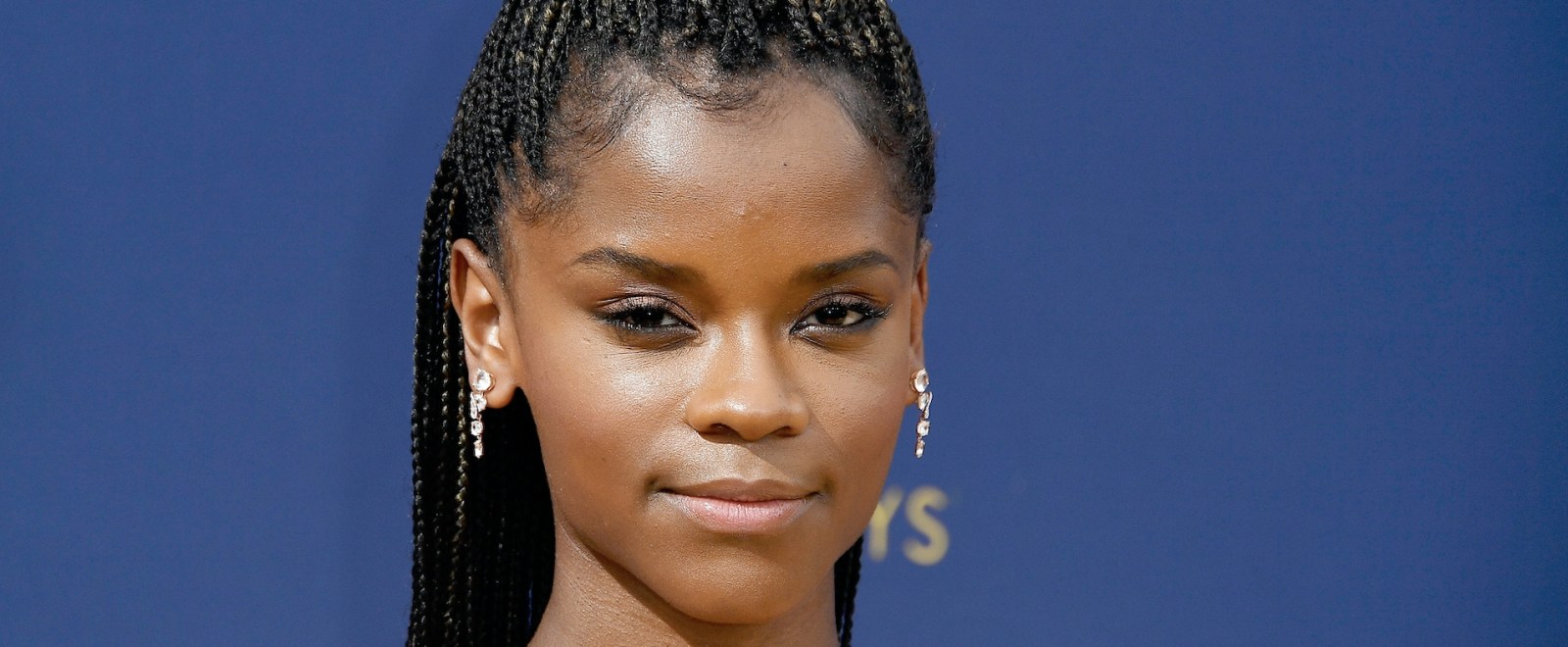
* opens bible*
deerisms
(@deerisms) December 4, 2020
(@Scoobert0) December 4, 2020
(@bork_21) December 4, 2020




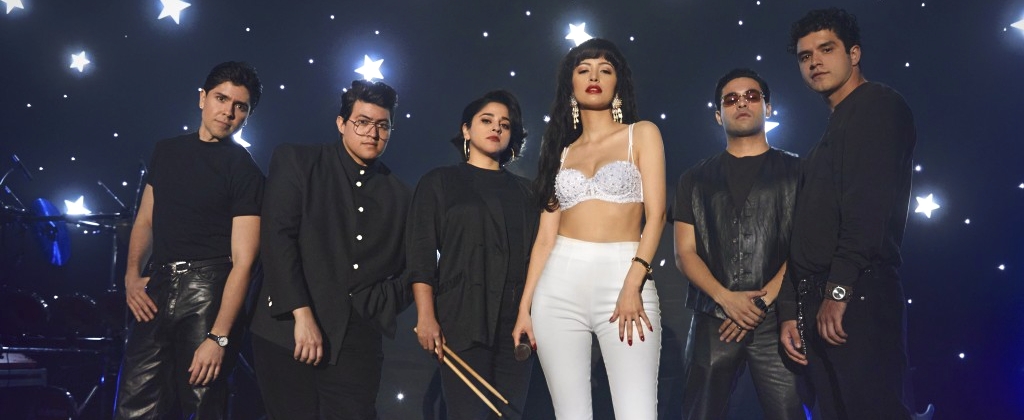
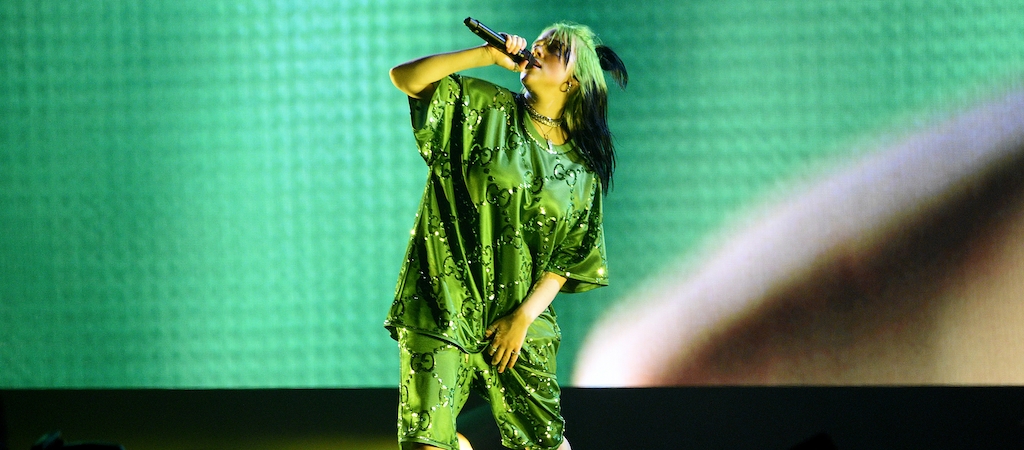
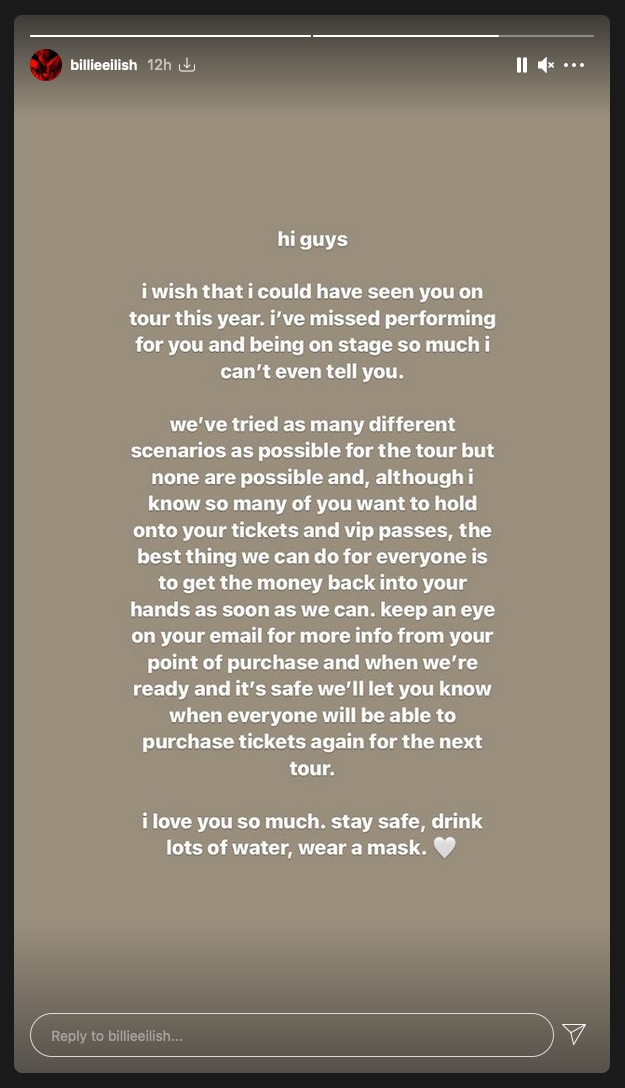
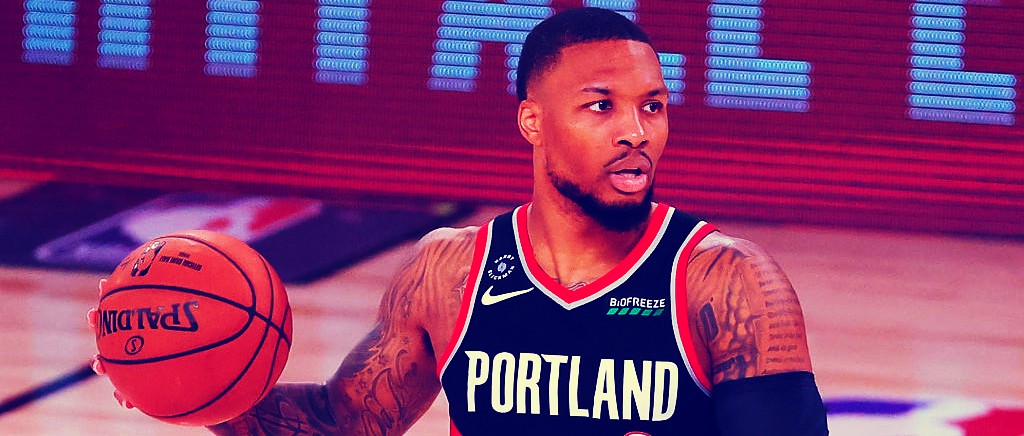




 (@Saweetie)
(@Saweetie)